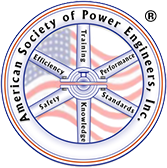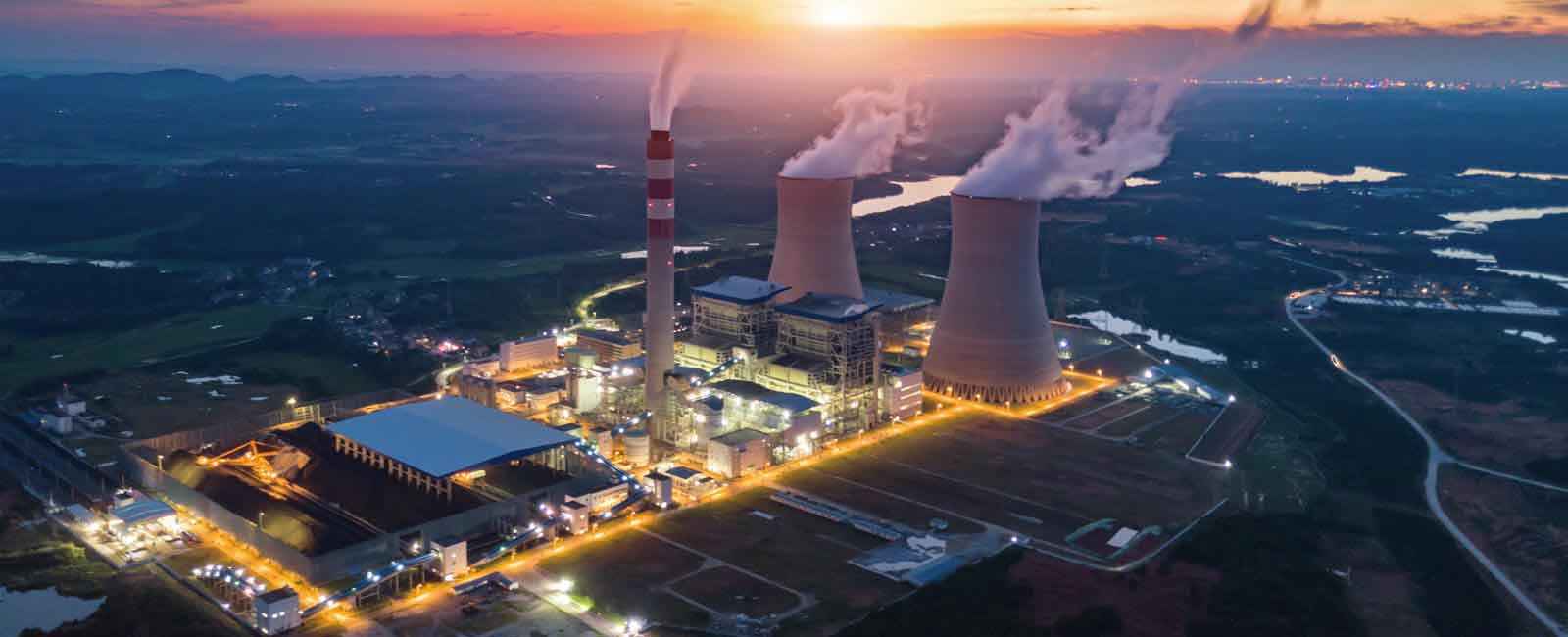Establishing National
Standards for Power Engineers.
Diesel Plant - Chief
Are you ready to take the next step and become a licensed Diesel Plant - Chief? ASOPE® offers the opportunity to obtain your Diesel Plant - Chief license. The list of qualifications that are required to receive your Diesel Plant - Chief license is outlined below. Some of the requirements include being 18 or older (a legal adult), having a high school diploma/GED or equivalent, and a minimum of four years of experience as an engineer in charge of operations and maintenance of marine or stationary multiple diesel engine plants.
If all qualifications are met, you will be required to schedule an exam. The exam will have a multiple-choice portion with 100 questions. The exam consists of a wide range of curriculum, including, but not limited to, switchgear, voltage and control excitation, performance testing and vibration analysis, station battery, general maintenance practices, environmental regulations, and more (see list below). Upon completion of your Diesel Plant - Chief license exam, an ASOPE® representative will notify you of a "pass" or "fail" status. If you fail, you will be offered additional opportunities to retake the Diesel Plant - Chief exam. Please review our Failed Test Procedures to learn more.
If you have any questions or concerns regarding the Diesel Plant - Chief license, please contact the ASOPE® national office.
Qualifications
- Minimum age - Adult
- Education - High School Diploma / GED or Equivalent
- Experience - One year as Diesel Plant 1st Class, Three years as Engineer in Charge of operations and maintenance of marine or stationary multiple diesel engine plants
Examination
- Written Test 100 Questions Multiple Choice
The test will include competency and proficiency questions in the following areas.
Curriculum at the Minimum
- General Industrial Safety
- Switchgear
- Synchronizing and Load Control
- Voltage Control and Excitation
- MW and MVARS
- Governor Characteristics
- Stopping and Starting Procedures
- Performance Testing, Vibration Analysis
- Pre-planned Maintenance and Scheduled Outages
- Excitation Systems Cooling
- Exhaust Heat Recovery, Monitoring Gas Temperatures
- Monitoring Engine Operation
- Operating Guidelines
- Control Systems
- Protection Devices
- Station Service A.C. Power Supply
- D.C. Power Supply
- Station Battery
- Plant Local and Remote Control Systems
- Maintenance Planning
- Electrical Generation, Distribution, and Transmission Safety
- General Maintenance Practices
- Environmental Regulations


